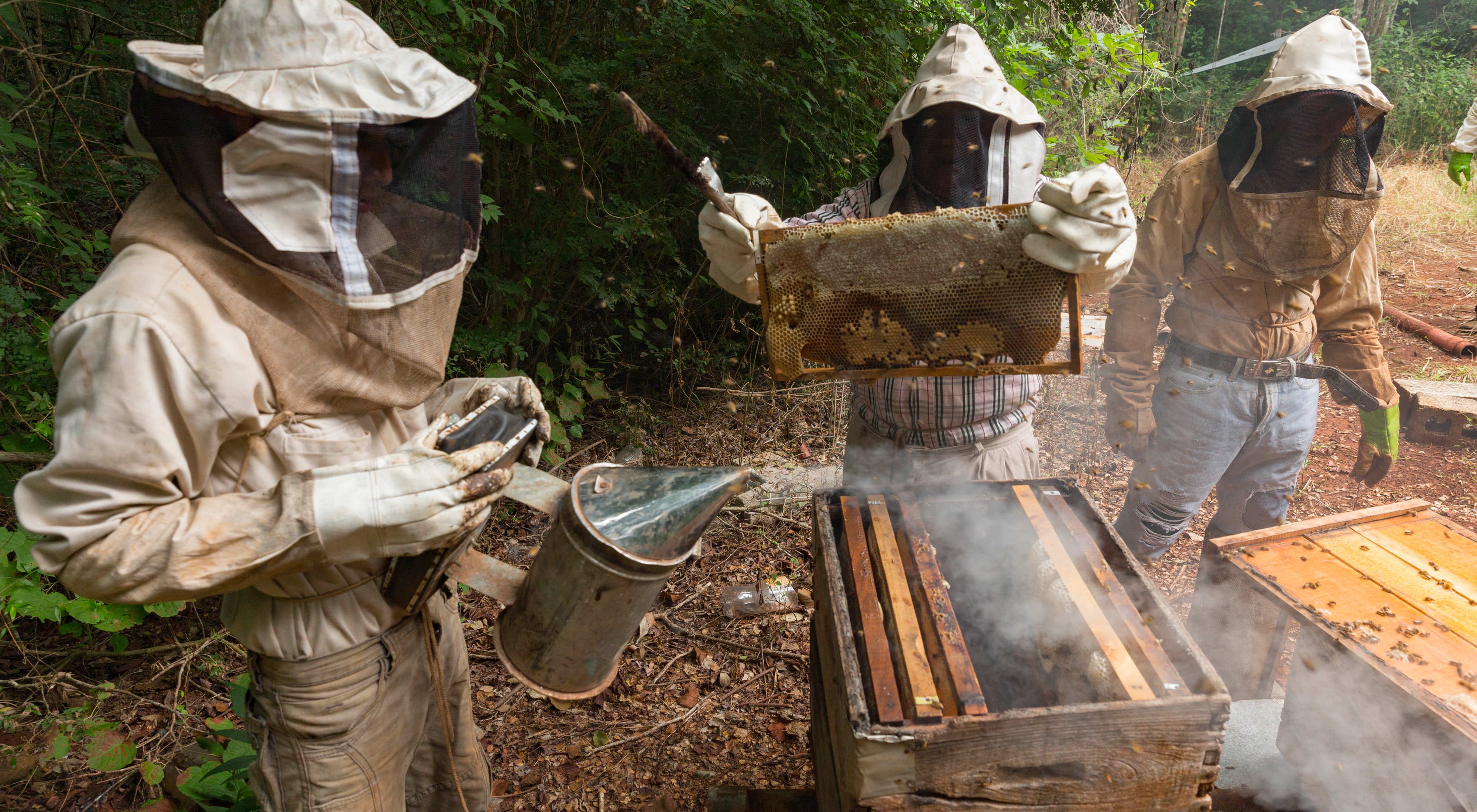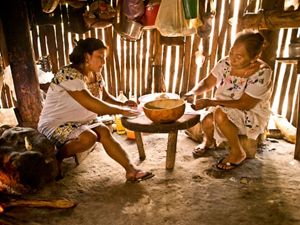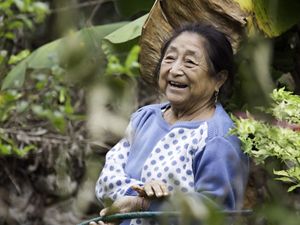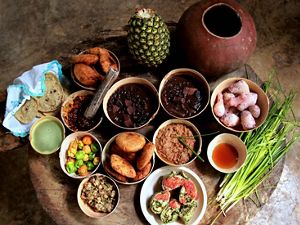Forest destruction produces as much as 15 percent of the world’s greenhouse gas emissions—more than from all the planes, trains and automobiles on Earth. Protecting forests and reducing emissions from deforestation and degradation—a strategy known as REDD+—is not only a powerful tool against climate change, it’s also critical to supporting communities and biodiversity around the world.
The Nature Conservancy has been developing, testing and implementing REDD+ activities around the world for more than a decade to protect forests, combat climate change and benefit local communities. Our experience demonstrates that REDD+ works. If done correctly, REDD+ can be the basis for a vital new way of protecting both people and nature from the devastating impacts of climate change.
Learn More About the Mexico REDD+ Program
The Mexico REDD+ Program is an initiative led by The Nature Conservancy in conjunction with the Rainforest Alliance, the Woods Hole Research Center, and Espacios Naturales y Desarrollo Sustentable. The Program is financed by the Global Climate Change Program of the United States Agency for International Development (USAID).
We work together with landowners and communities in Mexico, as well as with local, state, and federal governments, in particular, with the Ministry of Environment and Natural Resources (SEMARNAT) and the National Forestry Commission (CONAFOR).
Our Goals
The Mexico REDD+ Program promotes low-carbon rural development through the design and implementation of improved policy and practice in agriculture, ranching, and forestry. The Program works to increase awareness and build capacity, especially in rural and indigenous communities, civil society organizations, and government entities at the local, state, and national levels, to support the development of the National REDD+ Strategy.
What Is REDD+?
Reducing emissions from deforestation and degradation and the conservation and sustainable management of forests (REDD+) is a mechanism developed within the UN Framework Convention on Climate Change as an option in global efforts to mitigate climate change. In addition to contributing to climate mitigation goals, REDD+ also recognizes the importance of forests for biodiversity and for supporting the livelihoods of many communities worldwide.
Where Does the Mexico REDD+ Program Work?
The Mexico REDD+ Program works at three scales—local, state, and national—to test tools and models at the local level and provide lessons-learned to refine state and national strategies. This approach allows both local involvement in the implementation of strategies to reduce deforestation and promote sustainable production and while providing concrete inputs to policy at state and national levels. Currently, we work at the state/regional level in the Yucatan Peninsula, Oaxaca and Chihuahua and at the local level in Chiapas and Cutzamala.
Learn more about Mexico’s national REDD+ system.
Our Work in Pictures







